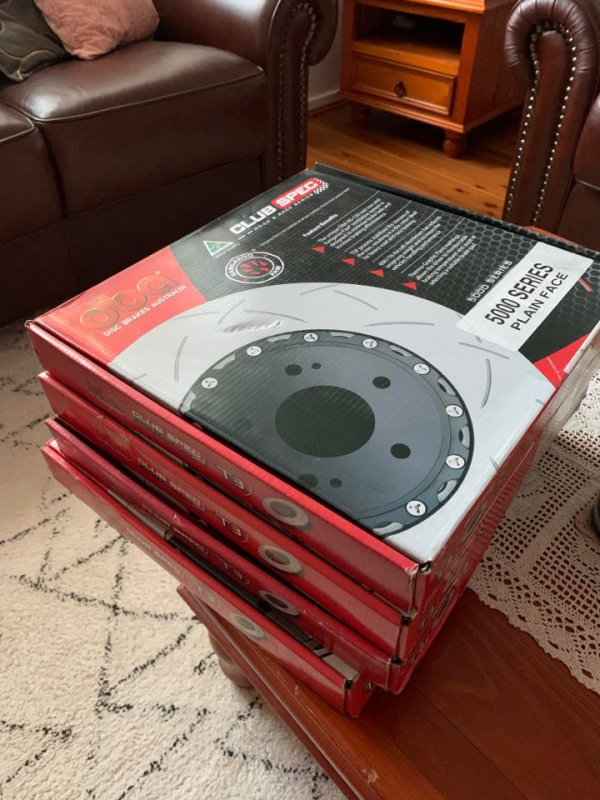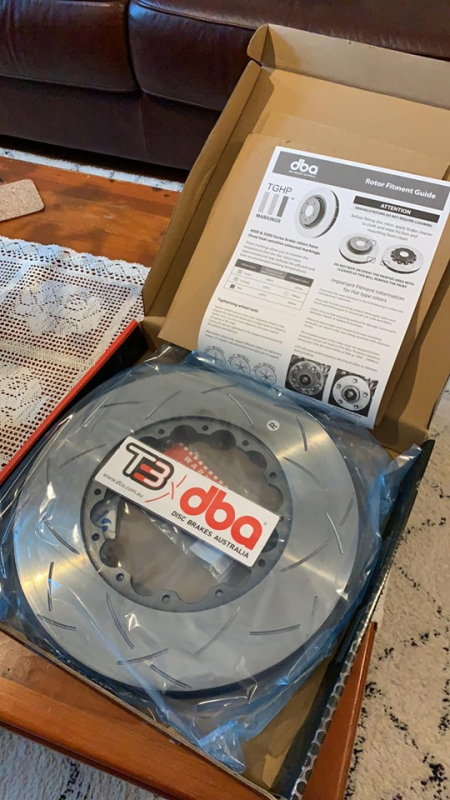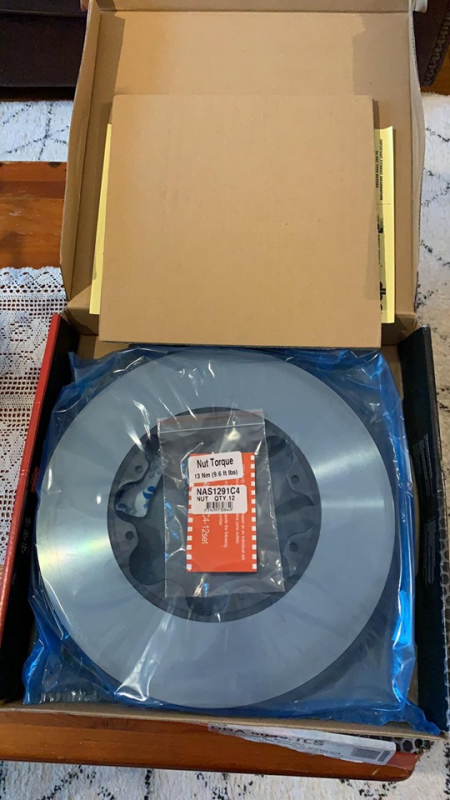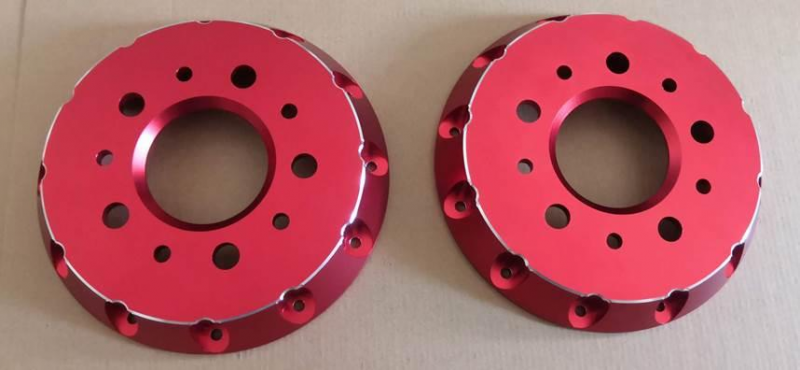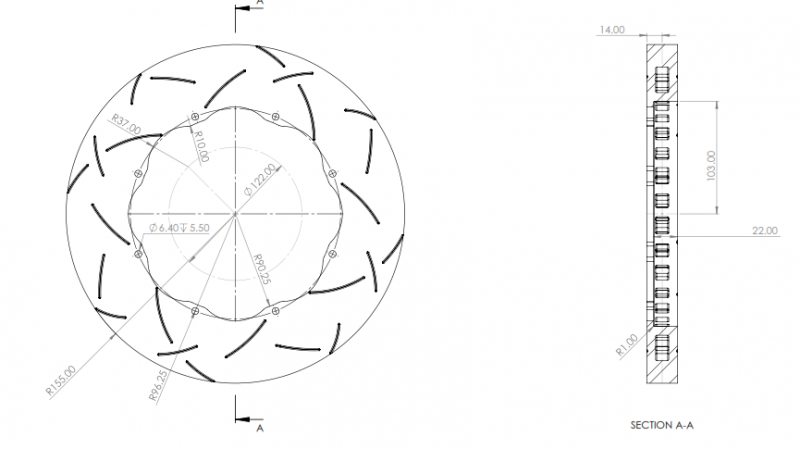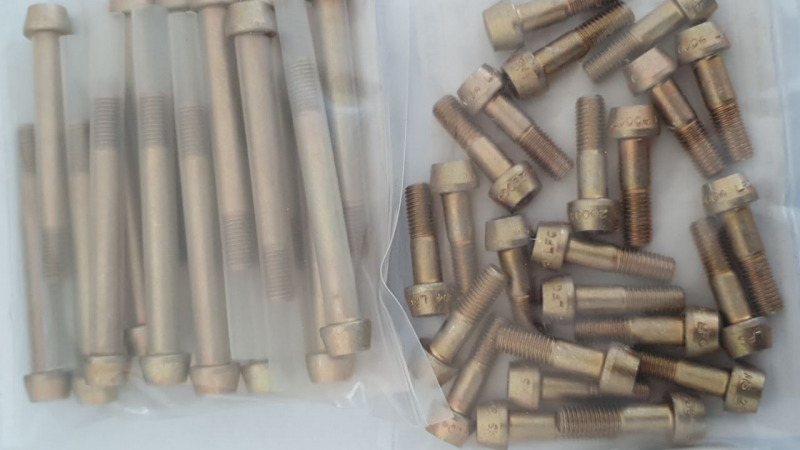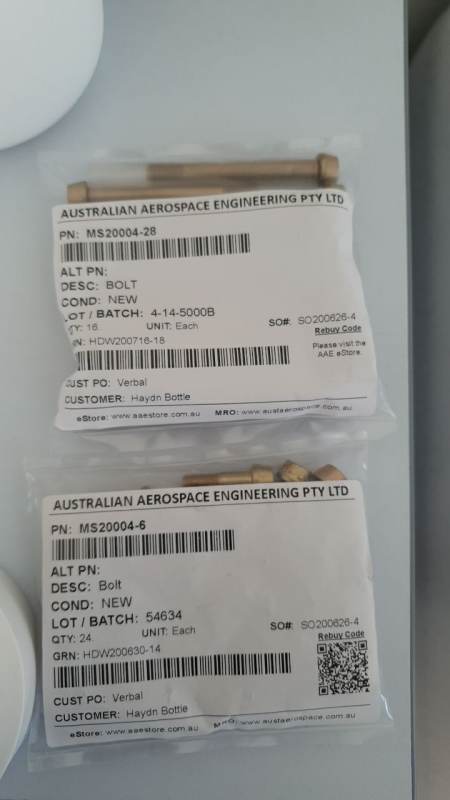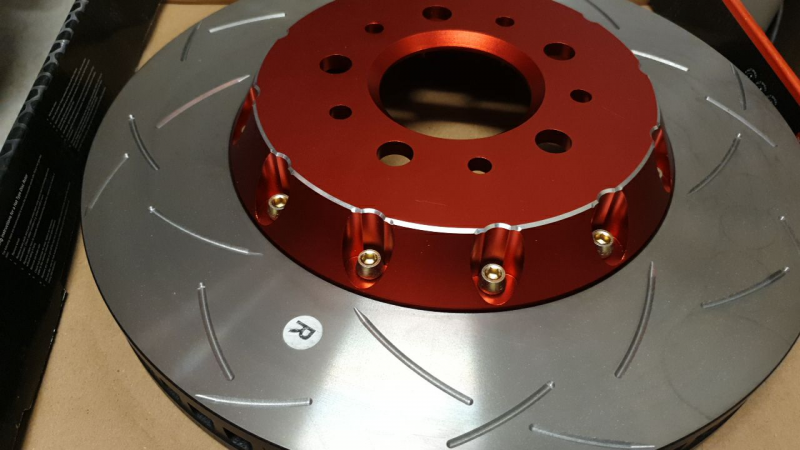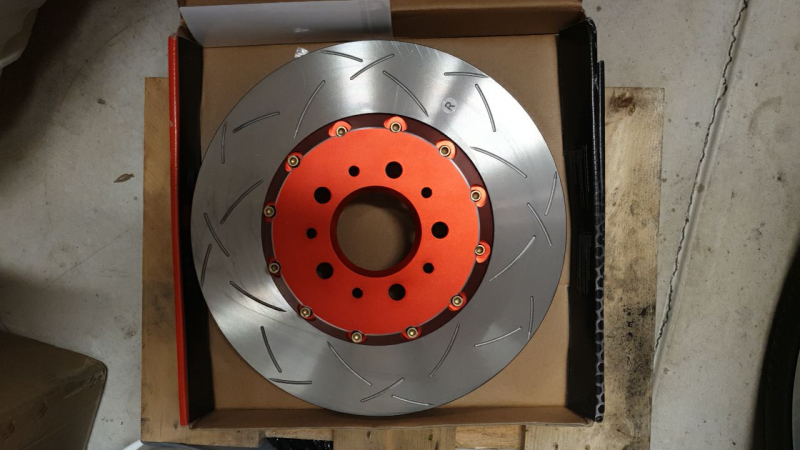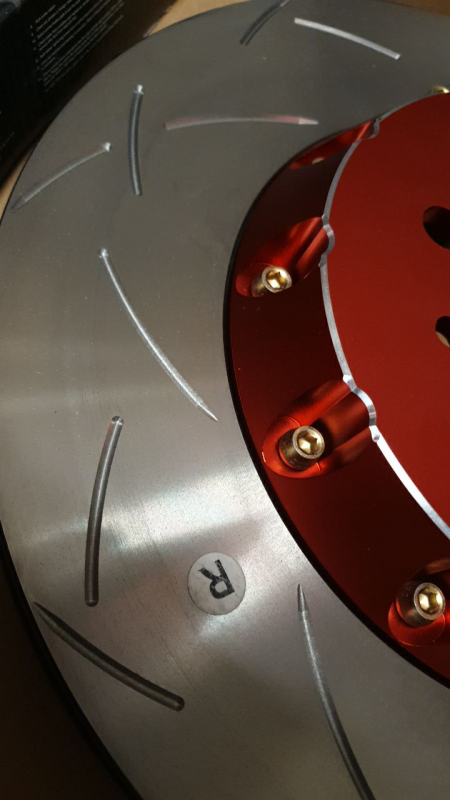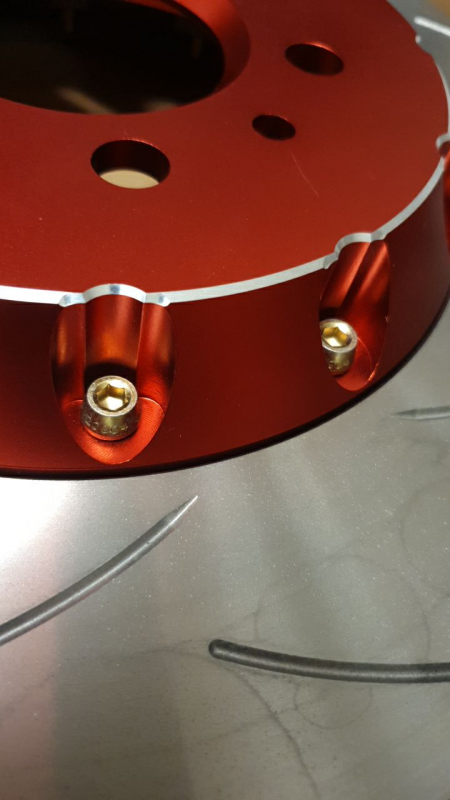I keep trying this in my head, and I still don't know if you're living dangerously

C
Just living my best life

cant be 4rsed to read this whole post but sounds interesting, probably mentioned already by someone but wouldn't this be a problem for insurance purposes, seems like a good get out clause if in accident and not disclosed, not that insurance companies need much of an excuse to wriggle anyway
A few people have raised this, what is it with UK insurance? Is it particularly aggressive or what? I mean just on youtube there are a million car channels in the UK with people running all kinds of modifications including brake kits, surely there must be some framework for OEM replacements and performance parts? The short version is it shouldn't be an issue, the rotors I'm using are widely available around the world and compliant with a whole massive bucket load of certifications and compliance stuff.
Surely there are other vehicles in the FCA group that use the same hubs? I cannot believe that they are exclusive to the 3200/2400/GS. You mentioned earlier that they were from a design period where smaller rims were common but things were changing. If other heavy FCA vehicles were being produced around that time with these hubs are there not alternative setups already using larger diameter disks, bigger bigger back plates and calipers With internal handbrakes?
My response to this ties into
@Zep 's comments about liability. It would seem the rotors were used on a range of cars, but are
slightly different between them. They're also way overpriced for what they are. I'm also not looking to replace the calipers, it isn't necessary and would just push the costs into oblivion. That said, if I
were to replace the whole setup I would've gone with AP Racing since they have the most complete catalogue available.
Liability though is the tip of the ice berg and is really a tiny issue because it is simple to address. As it turns out, anyone can call any insurance broker or company and go 'I'd like to get some product liability insurance please, this is my product' and then that is the end of it, a few bucks in and there can be tens of millions of dollars of coverage. In fact, I'd actually say that the accessibility of this kind of protection is part of the real problem, which is junk in the market. Uncle Bob's Mechanic house can, and often does exactly what I'm doing now but without any of the investigation, engineering or design work. They 'build' it, test and go 'yeah, she'll be right' and then sell it and so long as they have liability insurance its all okay right? Well obviously not, you're just
trusting that they did it properly. It gets even worse when they have a trusted name as the number of reputable brands or workshops shilling their own products which do nothing, or worse compromise something, is obscene. The perfect example would be Individual Throttle Bodies for MX-5s. ITBs are incredibly difficult to do properly, but there are well respected brands out there 'saying, yeah get these things and you'll gain 30 horsepower' and it is an outright lie (I'd like to throw shade at a few brands here but I won't). A lot of companies will try and defeat liability altogether by stating their products are for "off-road or track use only" with the implication being that if it fails on the road that is the owner's fault.
Let's address the liability issue specifically with brakes. Most OEMs will have approved suppliers, so if you go and fit a certified rotor aftermarket the OEM can try and use that to evade liabilities on unrelated issues, which is why a lot of government legislation will allow for 'OEM equivalent' parts. So lets say you have a common car, and you get a set of cheap generic rotors, how do you even know if they're certified? With cheap mass produced parts its pretty hard to hide from oversight but it does happen. With bespoke and performance parts however it is very common to have parts with no certifications at all widely accepted and used. There are only two ways brake kits exist, you're one of a small batch of aftermarket retail manufacturers,
or, you're buying parts from one of those suppliers and fitting them for your application. So any given aftermarket kit sold as 'specific brand name BBK' is almost certainly not made by that place, but purchased from a supplier and assembled. If you contact a retailer who is doing this they should be able to tell you exactly who makes the parts they're using, and if they don't you need to assume for you're own safety that they're using the lowest bidder and be sceptical of the quality. The only aftermarket supplies for brakes for these cars I could find were in the category of 'we don't make it but we won't tell you anything about who does' with one exception, so ultimately I made the decision of safety first. And a really good reason to be distrustful of products like that is that as you can see from my build, that information is so widely available that it is in retail catalogues so if someone is trying to hide their supply chain that is a very serious warning sign. As for the liability of what I'm building specifically. The front rotors are an off the shelf product, and I'm following the manufacturers guidelines on mounting and usage, so if the rotor failed I'm confident that I personally wouldn't be liable. The bolts are MIL spec, so if they failed the manufacturer of those would be liable. I've designed the rotor, and I've done the engineering on those - so I would hold a limited liability on those, that is to say if they are used in a way that I prescribe and they fail, then I would be liable. I'd also be liable for the rear rotors since I'm modifying those outside the manufactures recommended use, but again I've done the engineering on that so I take ownership. That is more ownership than you'll find from any aftermarket kit, partially because I'm willing to define what I've done instead of pretending that my mystery collection of parts was an invention. At this point it becomes a matter of trust; some people are just willing to trust a brand isn't misleading them even when they provide no technical information.
So yes, financial liabilities exist but that is by far the easiest to mitigate through insurance and structuring your limits of liability. This is distinctly different and less significant than certification as that is very region specific and can have much less to do with safety as it does ensuring certain check marks are made. An example is that the Australian Design Rules require brakes to be safe up to a stopping force of -0.61g, which is easily exceed by modern tyres. In this example you're trusting the manufacturer far more than the certification but compliance with that guideline is still required in Australia. I guarantee that any aftermarket kit you can buy for any car that isn't made by a big brand like Wilwood is not certified for most markets. When you see any place selling MX-5 brake kits with Wilwood calipers, you're assuming that specific caliper is certified for use in your region and that that rotor is certified, and even then depending on how your legislation is framed the kit may need certification separated from the individual components, and then how insurance interacts with it all...
Anyway, this is an unsolvable international legal quagmire. All I can do is take comfort in the fact that I know I'm doing things properly and safely. The point I'm trying to make is that worry far less about whether someone tells you that they're insured and far more about how they can demonstrate that they're safe in the first place




